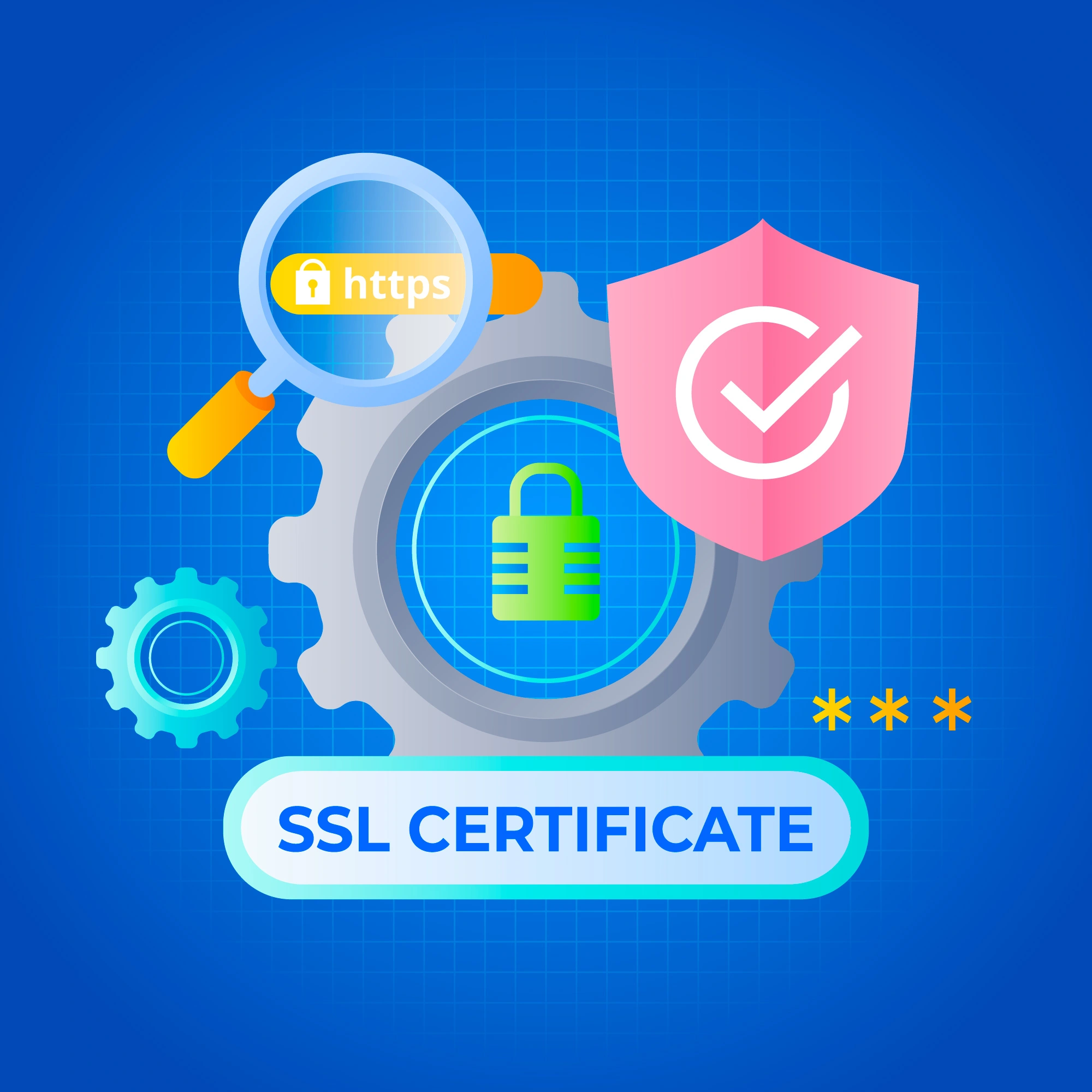
Posted By: Swismax.com
Posted Date: Apr 10, 2025
In the ever-evolving landscape of search engine optimization (SEO), staying ahead means understanding the factors that influence your website's visibility. One such critical factor is the implementation of SSL certificates, which enable HTTPS protocol on websites. Google's preference for HTTPS is not arbitrary; it stems from a commitment to providing users with secure and trustworthy browsing experiences. This article delves into the SEO benefits of SSL certificates and why transitioning to HTTPS is imperative for your website's success.
SSL (Secure Sockets Layer) certificates are digital certificates that authenticate a website's identity and enable encrypted connections. When a website utilizes SSL, it shifts from HTTP to HTTPS (HyperText Transfer Protocol Secure), signifying a secure channel between the user's browser and the web server. This encryption safeguards sensitive data from potential threats and unauthorized access.
Google has explicitly stated that HTTPS is a ranking signal within its search algorithm. Initially introduced as a lightweight factor, its significance has grown over time. Websites employing HTTPS are more likely to achieve higher rankings compared to their non-secure counterparts. This preference underscores Google's dedication to promoting a safer internet environment.
Enhanced Credibility and Trust
The presence of HTTPS and the accompanying padlock icon in the address bar instill confidence in visitors. Users are more inclined to engage with and remain on sites they perceive as secure, leading to improved metrics such as lower bounce rates and increased session durations. These positive user behaviors are indicators to Google of a quality site, potentially boosting rankings.
Preservation of Referral Data
Transitioning to HTTPS ensures that referral data is accurately preserved in analytics platforms. In contrast, traffic from an HTTPS site to an HTTP site often appears as 'direct' traffic, obscuring the true source. Accurate referral data is crucial for understanding user behavior and optimizing marketing strategies.
Access to Advanced Web Features
Certain modern web technologies and APIs require HTTPS to function. Features like geolocation, push notifications, and service workers are only accessible over secure connections. Implementing SSL certificates allows your website to leverage these capabilities, enhancing user experience and engagement.
Mitigation of "Not Secure" Warnings
Browsers like Google Chrome label non-HTTPS websites as "Not Secure," which can deter visitors and negatively impact user trust. By adopting HTTPS, you eliminate these warnings, presenting a professional and secure image to your audience.
To fully reap the SEO benefits of SSL certificates, consider the following steps:
Comprehensive Migration: Transition your entire website to HTTPS simultaneously to avoid mixed content issues and ensure a seamless user experience.
301 Redirects: Implement 301 redirects from HTTP to HTTPS to maintain link equity and inform search engines of the change.
Update Internal Links: Revise all internal links to point to the HTTPS versions to prevent mixed content warnings and enhance site security.
Monitor Performance: Use tools like Google Search Console to monitor your site's performance post-migration, addressing any issues that arise promptly.
Embracing SSL certificates and transitioning to HTTPS is more than a technical upgrade; it's a strategic move that aligns with Google's emphasis on security and user experience. The SEO benefits, including enhanced trust, accurate data analytics, access to advanced features, and avoidance of security warnings, collectively contribute to improved search rankings and user engagement. In the competitive digital landscape, securing your website with SSL is not just advisable—it's essential for sustained success.
Relevant Blogs

Posted Date: Jan 05, 2025
 in Website Design.webp)
Posted Date: Jan 06, 2025

Posted Date: Jan 06, 2025

Posted Date: Dec 30, 2024

Posted Date: Dec 30, 2024

Posted Date: Feb 23, 2025

Posted Date: Feb 23, 2025
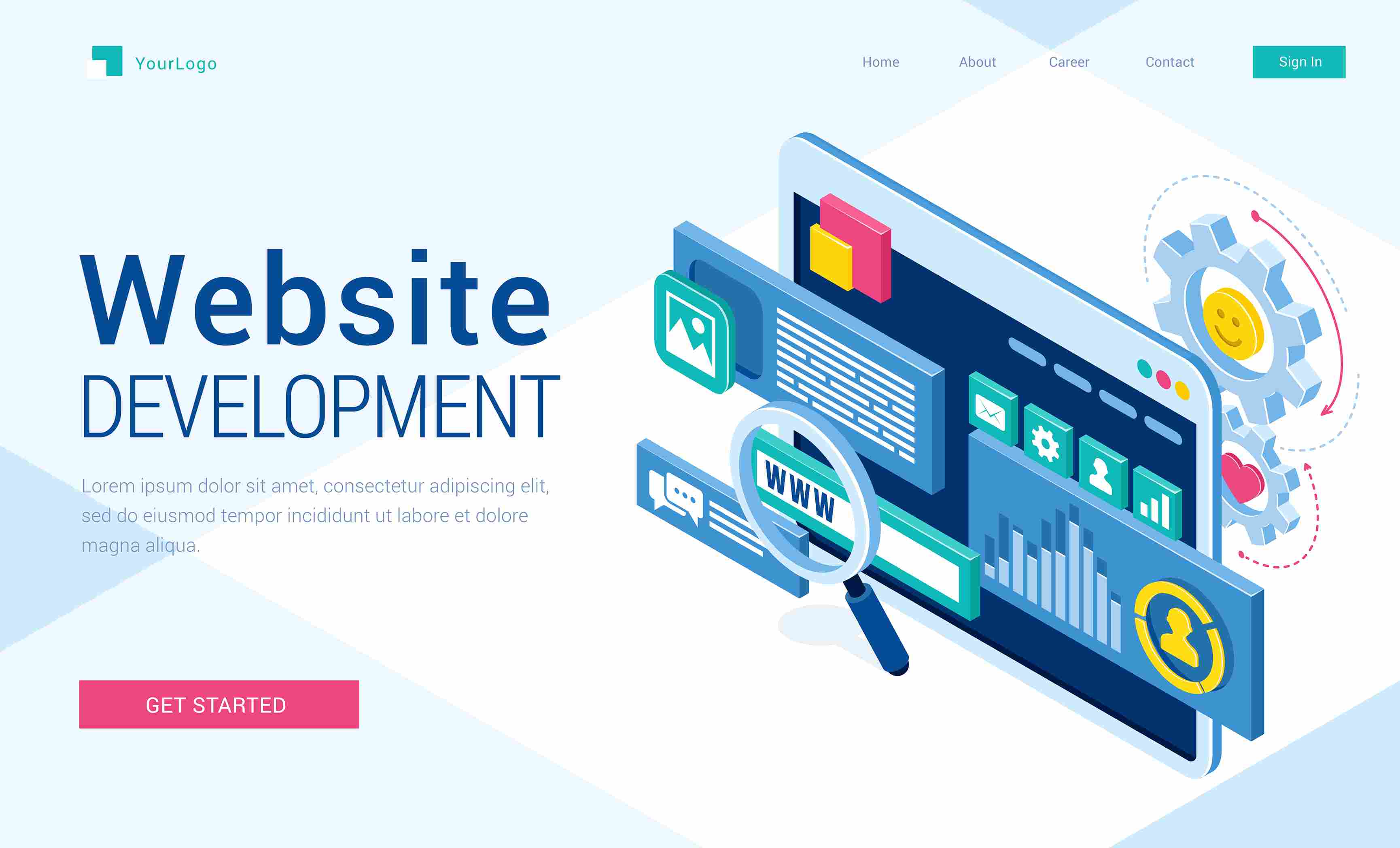
Posted Date: Feb 24, 2025

Posted Date: Feb 24, 2025

Posted Date: Feb 24, 2025

Posted Date: Mar 04, 2025

Posted Date: Mar 04, 2025

Posted Date: Mar 05, 2025

Posted Date: Mar 06, 2025

Posted Date: Mar 22, 2025

Posted Date: Mar 24, 2025
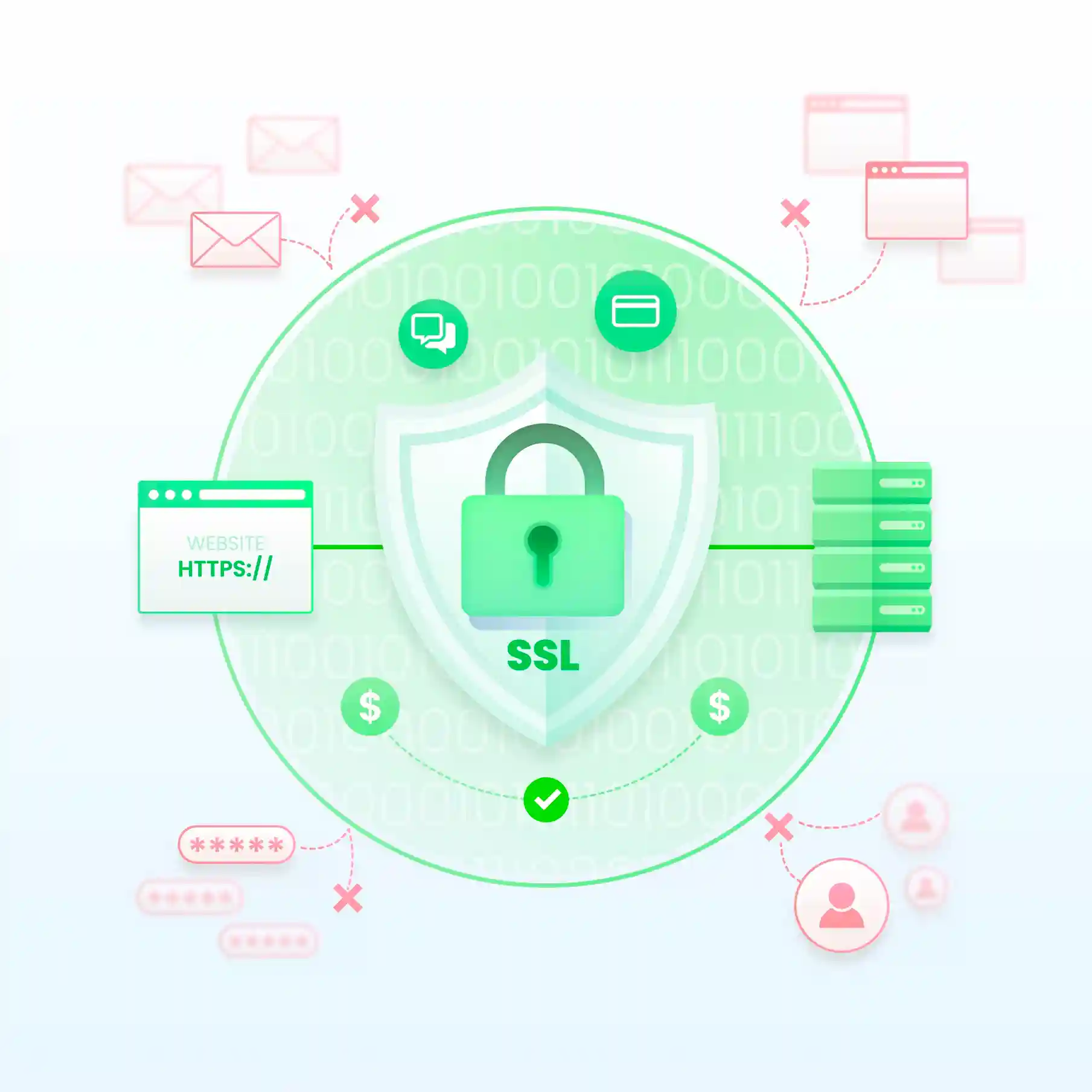
Posted Date: Apr 08, 2025

Posted Date: Apr 09, 2025

Posted Date: Apr 10, 2025
.webp)
Posted Date: Apr 10, 2025

Posted Date: Apr 12, 2025
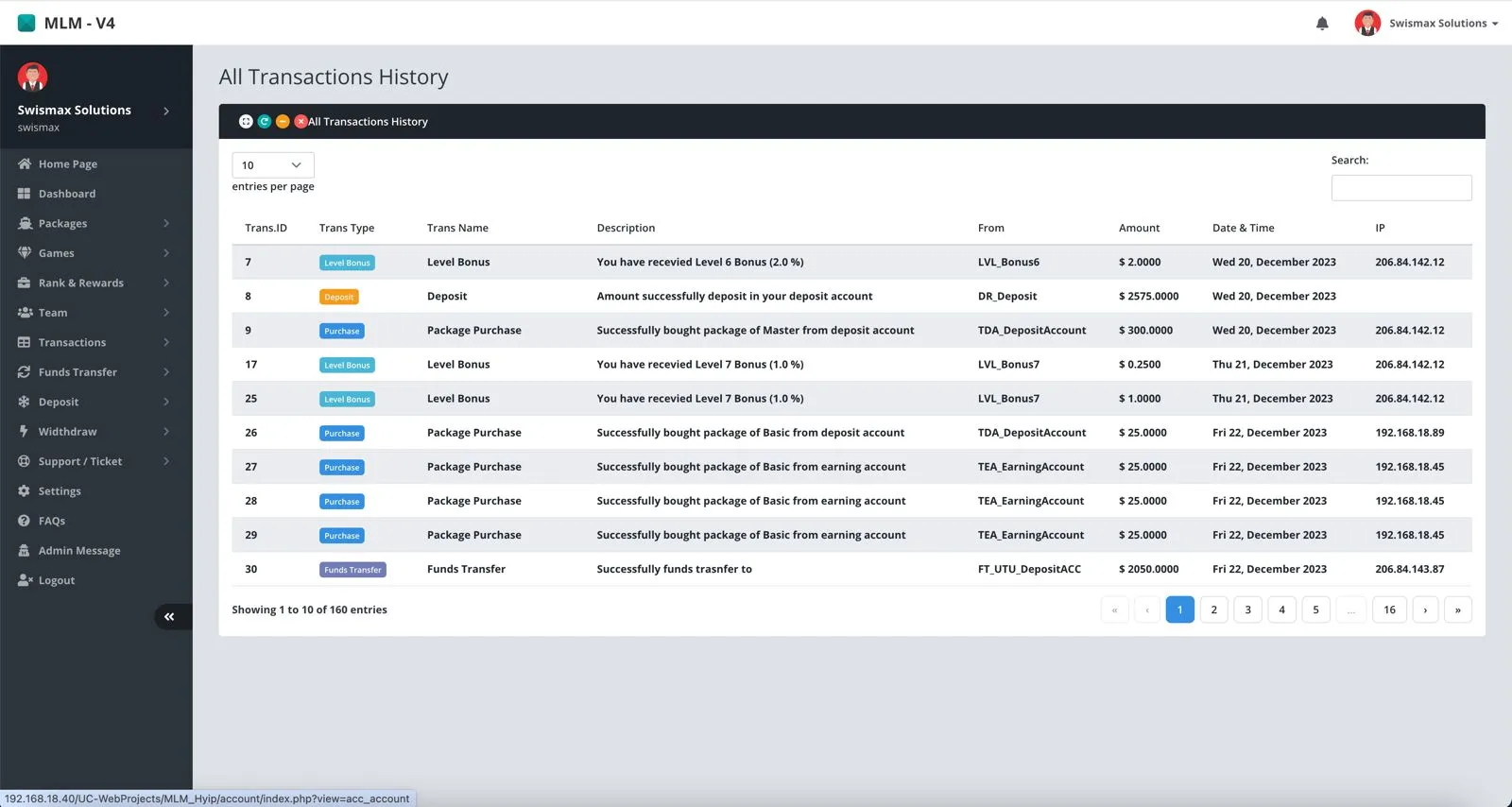
Posted Date: Apr 14, 2025
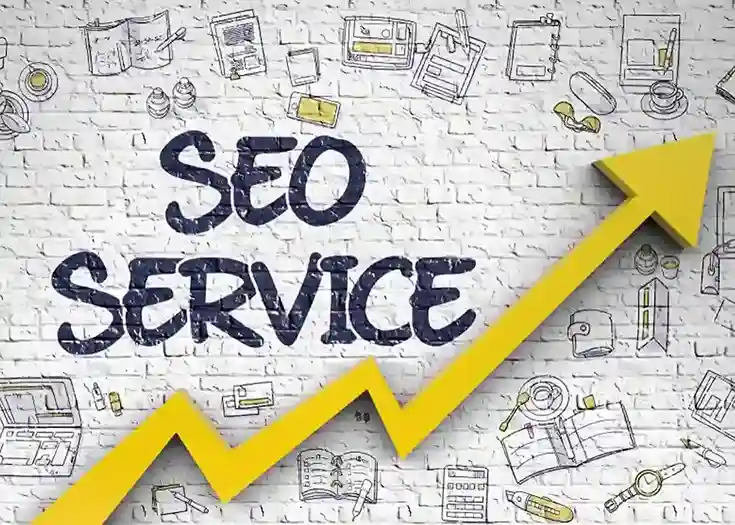
Posted Date: Apr 15, 2025

Posted Date: Apr 16, 2025

Posted Date: Apr 16, 2025

Posted Date: Apr 17, 2025

Posted Date: Apr 21, 2025

Posted Date: Apr 21, 2025

Posted Date: Apr 21, 2025

Posted Date: Apr 24, 2025

Posted Date: Apr 28, 2025

Posted Date: Apr 28, 2025
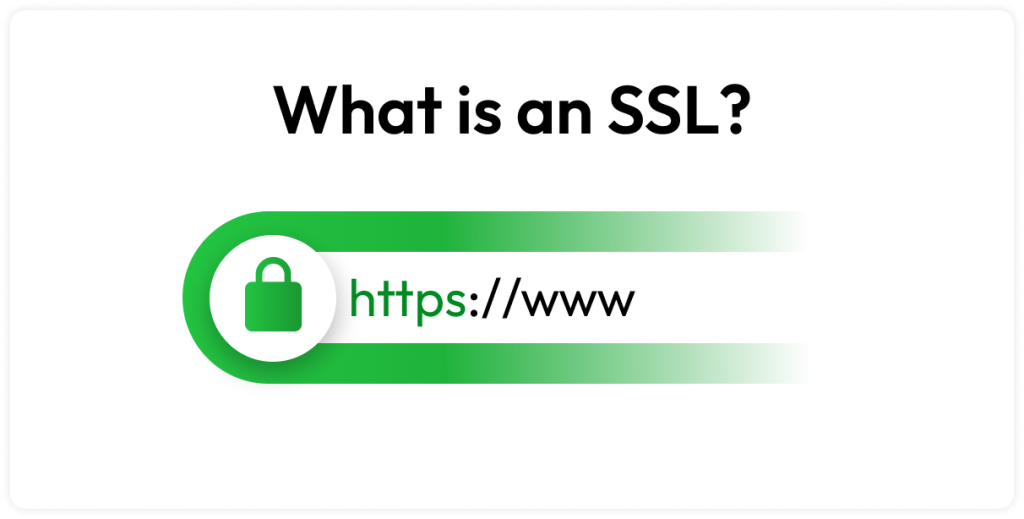
Posted Date: May 02, 2025
.jpeg)
Posted Date: May 03, 2025

Posted Date: May 03, 2025

Posted Date: May 03, 2025

Posted Date: May 05, 2025

Posted Date: May 05, 2025

Posted Date: May 06, 2025

Posted Date: May 06, 2025

Posted Date: May 08, 2025

Posted Date: May 09, 2025

Posted Date: May 09, 2025

Posted Date: May 09, 2025

Posted Date: May 12, 2025

Posted Date: May 13, 2025

Posted Date: May 13, 2025
.jpg)
Posted Date: May 13, 2025

Posted Date: May 14, 2025

Posted Date: May 14, 2025

Posted Date: May 15, 2025

Posted Date: May 16, 2025

Posted Date: May 17, 2025

Posted Date: May 17, 2025

Posted Date: May 17, 2025

Posted Date: May 19, 2025
Posted Date: May 19, 2025

Posted Date: May 19, 2025

Posted Date: May 19, 2025

Posted Date: May 20, 2025

Posted Date: May 22, 2025
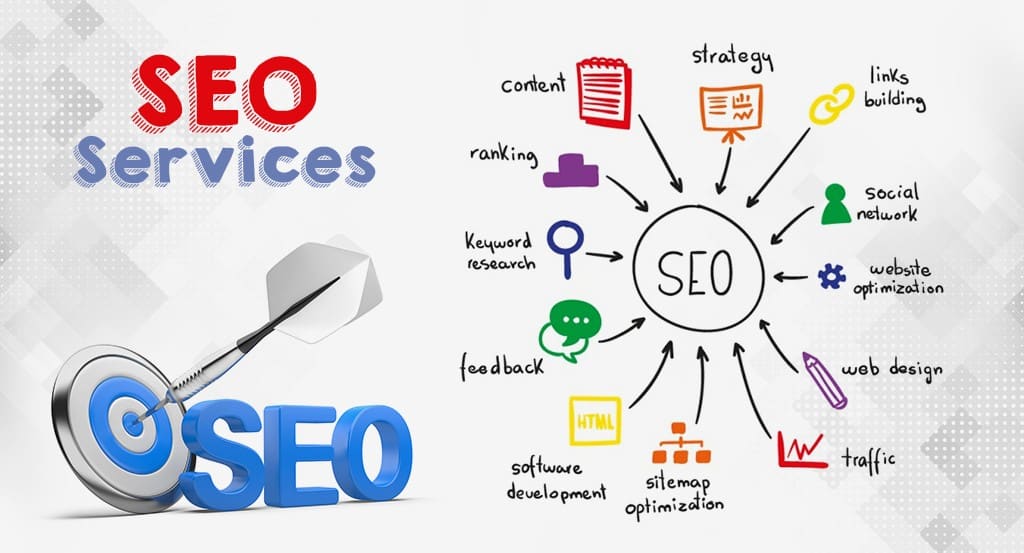
Posted Date: May 26, 2025
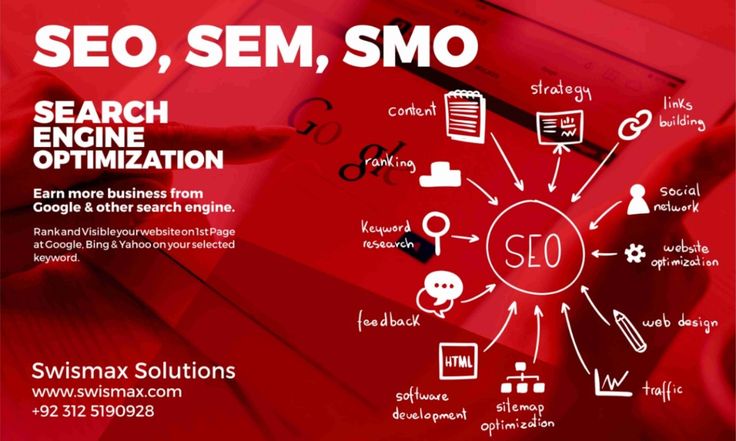
Posted Date: May 26, 2025

Posted Date: May 27, 2025

Posted Date: May 28, 2025

Posted Date: May 29, 2025

Posted Date: May 29, 2025
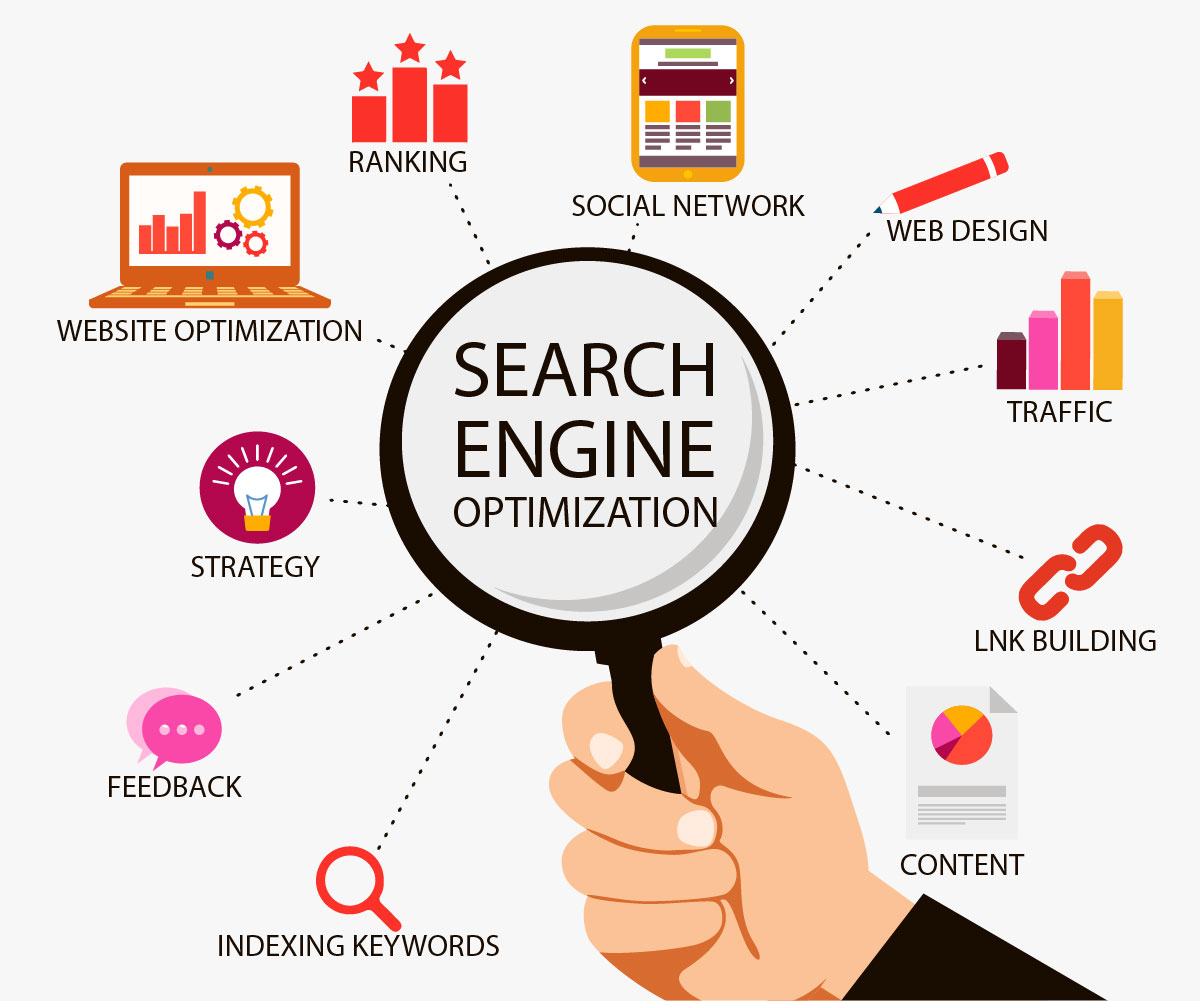
Posted Date: May 30, 2025
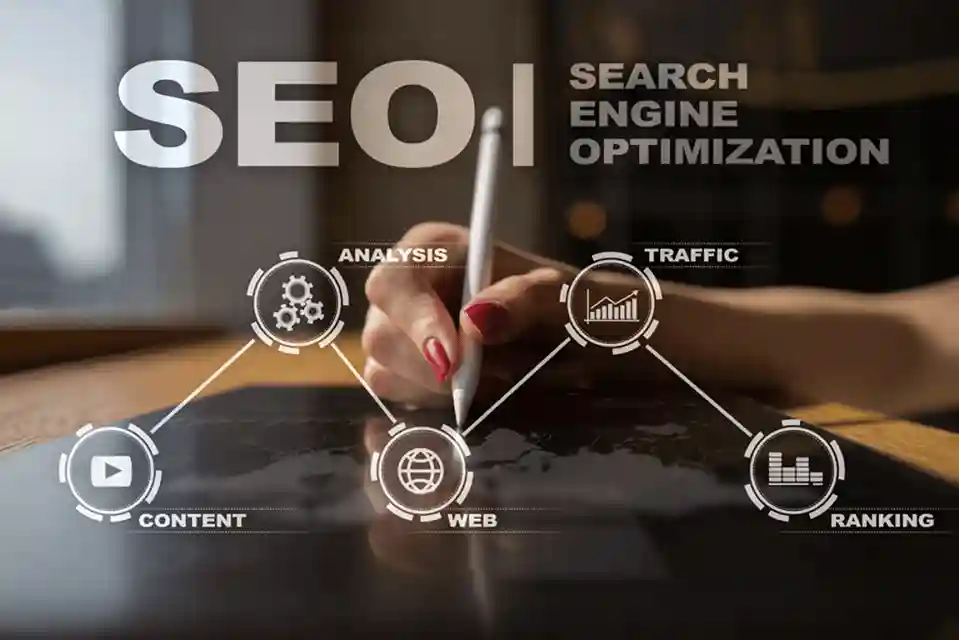
Posted Date: May 30, 2025

Posted Date: May 31, 2025

Posted Date: Jun 02, 2025

Posted Date: Jun 04, 2025

Posted Date: Jun 04, 2025

Posted Date: Jun 05, 2025

Posted Date: Jun 05, 2025

Posted Date: Jun 11, 2025

Posted Date: Jun 11, 2025

Posted Date: Jun 11, 2025

Posted Date: Jun 11, 2025

Posted Date: Jun 12, 2025

Posted Date: Jun 12, 2025

Posted Date: Jun 16, 2025
_11zon.webp)
Posted Date: Jun 18, 2025
.webp)
Posted Date: Jun 18, 2025

Posted Date: Jun 18, 2025
.webp)
Posted Date: Jun 18, 2025

Posted Date: Jun 18, 2025
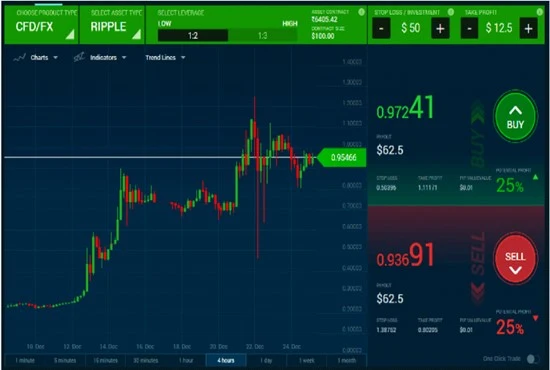
Posted Date: Jun 19, 2025

Posted Date: Jun 20, 2025

Posted Date: Jun 21, 2025

Posted Date: Jun 21, 2025

Posted Date: Jun 23, 2025

Posted Date: Jun 24, 2025
.webp)
Posted Date: Jun 25, 2025

Posted Date: Jun 27, 2025

Posted Date: Jun 27, 2025
.webp)
Posted Date: Jun 27, 2025
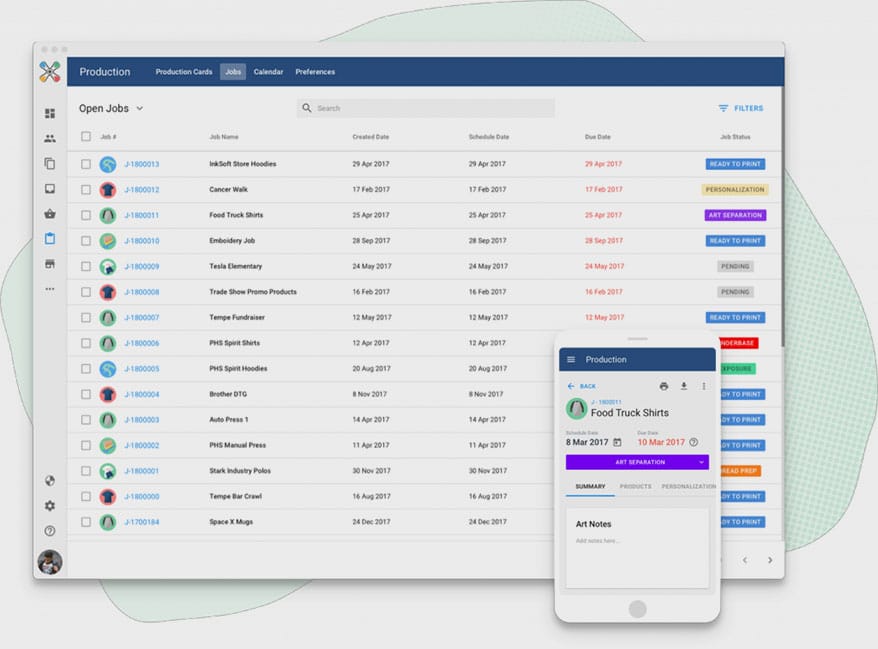
Posted Date: Jun 27, 2025

Posted Date: Jun 28, 2025

Posted Date: Jun 28, 2025

Posted Date: Jun 30, 2025

Posted Date: Jun 30, 2025

Posted Date: Jun 30, 2025

Posted Date: Jul 04, 2025

Posted Date: Jul 04, 2025

Posted Date: Jul 07, 2025
.webp)
Posted Date: Jul 10, 2025

Posted Date: Jul 11, 2025

Posted Date: Jul 15, 2025

Posted Date: Jul 18, 2025

Posted Date: Jul 18, 2025
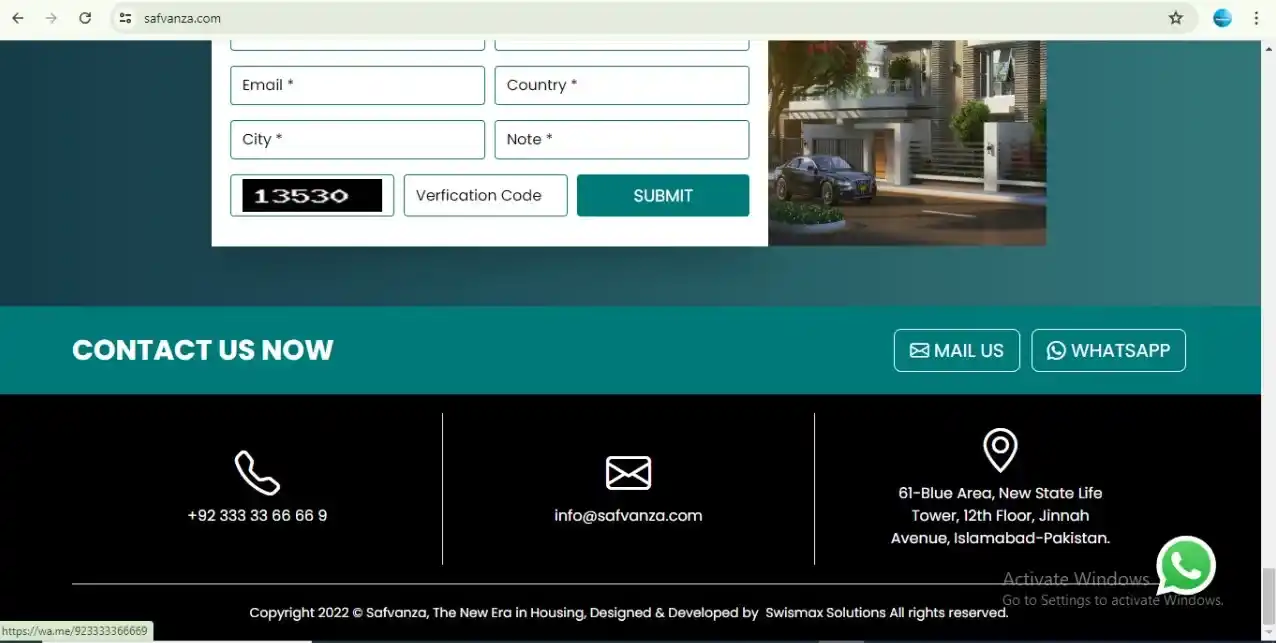
Posted Date: Jul 19, 2025
_11zon.webp)
Posted Date: Jul 19, 2025

Posted Date: Jul 21, 2025
.webp)
Posted Date: Jul 22, 2025
.webp)
Posted Date: Jul 22, 2025

Posted Date: Jul 23, 2025
.jpg)
Posted Date: Jul 24, 2025

Posted Date: Jul 28, 2025

Posted Date: Jul 28, 2025

Posted Date: Jul 28, 2025
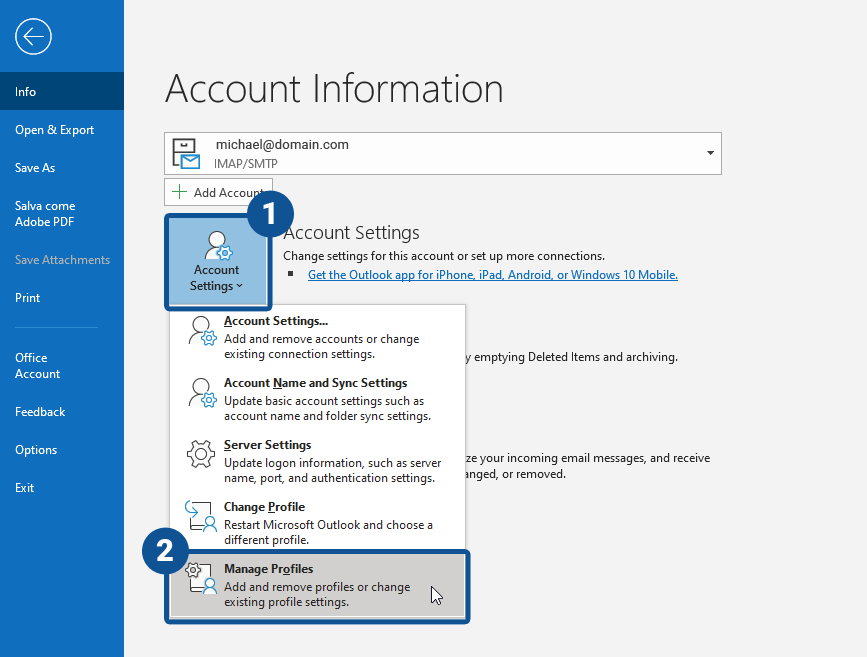
Posted Date: Jul 28, 2025

Posted Date: Jul 31, 2025

Posted Date: Jul 31, 2025

Posted Date: Aug 12, 2025

Posted Date: Aug 12, 2025

Posted Date: Aug 12, 2025

Posted Date: Aug 12, 2025

Posted Date: Aug 12, 2025

Posted Date: Aug 12, 2025

Posted Date: Aug 13, 2025

Posted Date: Aug 13, 2025

Posted Date: Aug 13, 2025

Posted Date: Aug 13, 2025

Posted Date: Aug 13, 2025

Posted Date: Aug 16, 2025

Posted Date: Aug 22, 2025

Posted Date: Aug 22, 2025

Posted Date: Aug 22, 2025